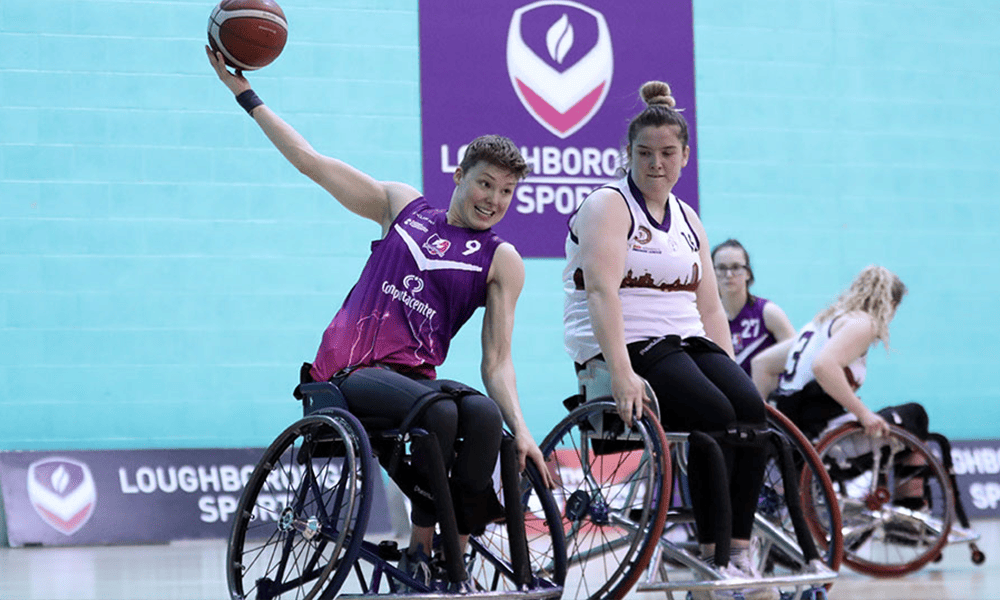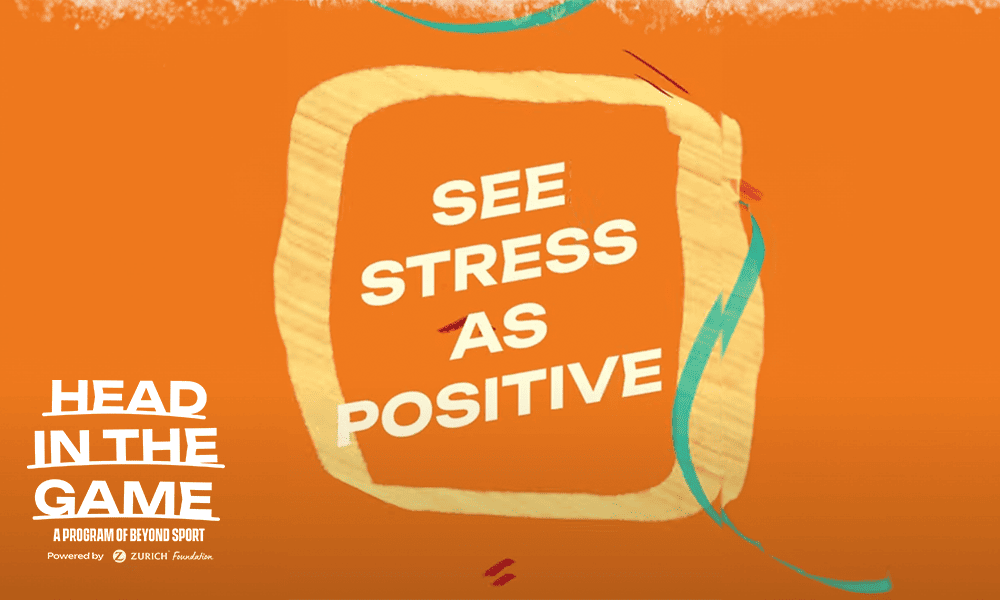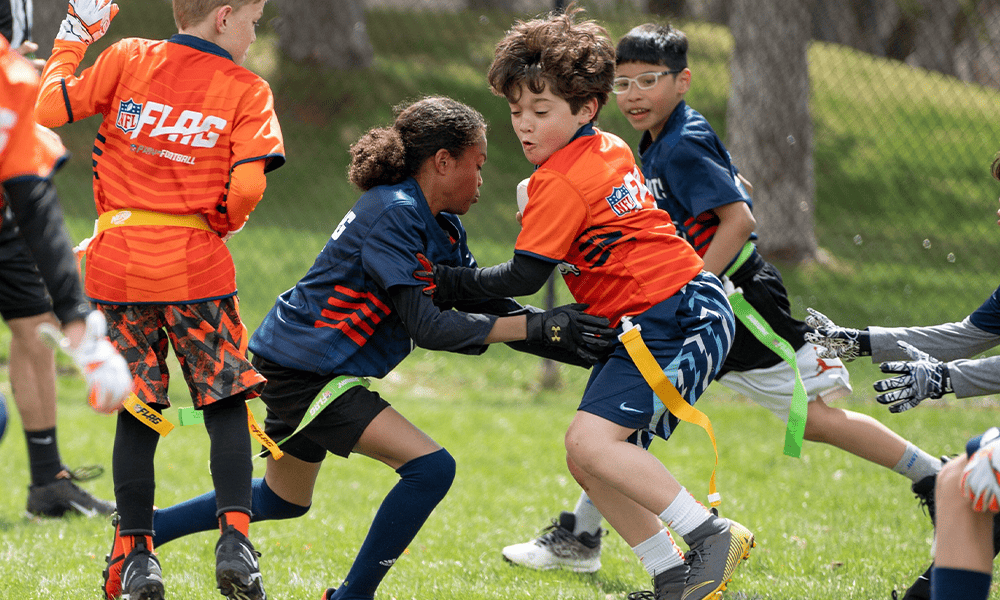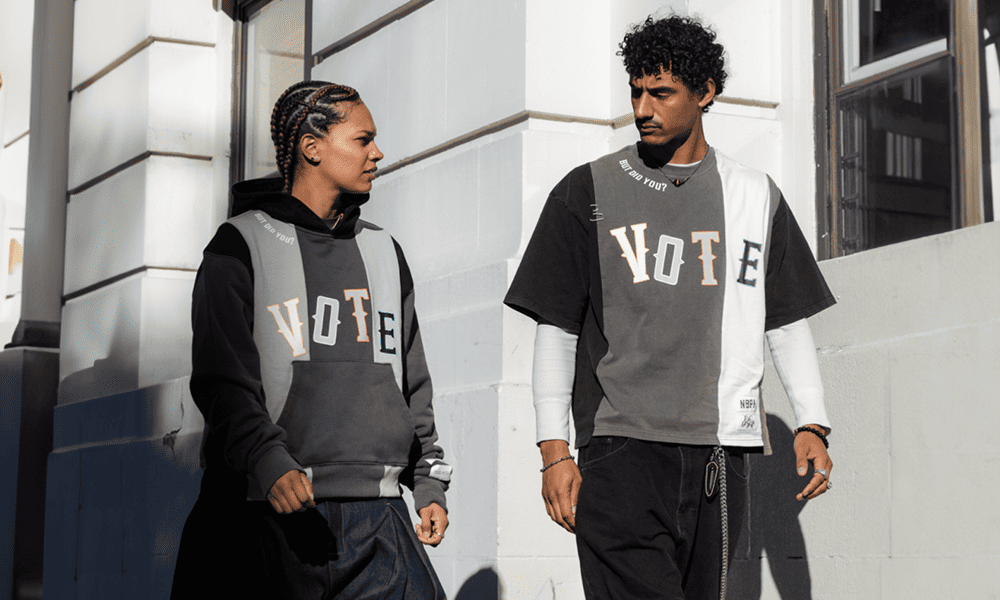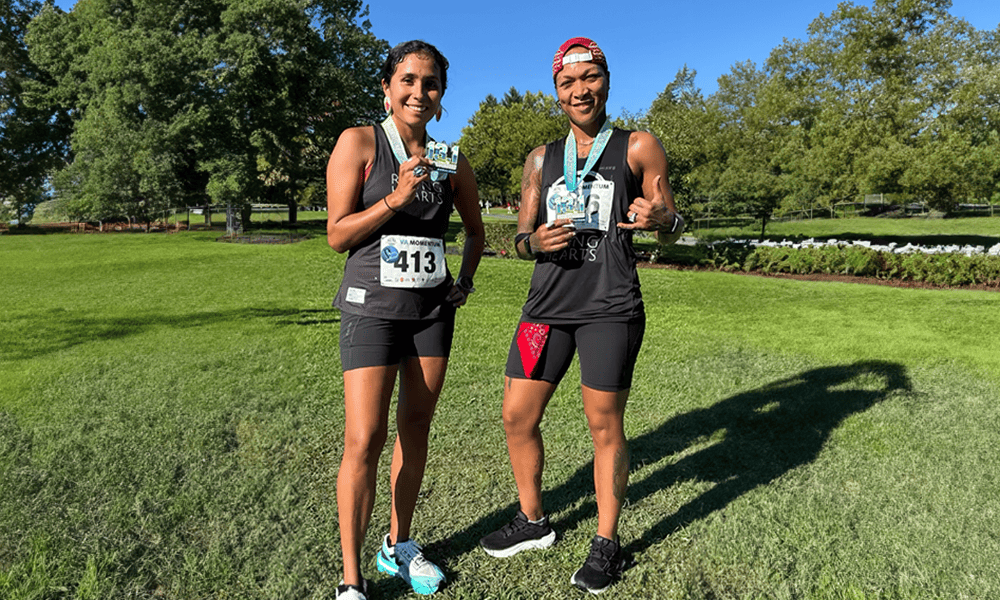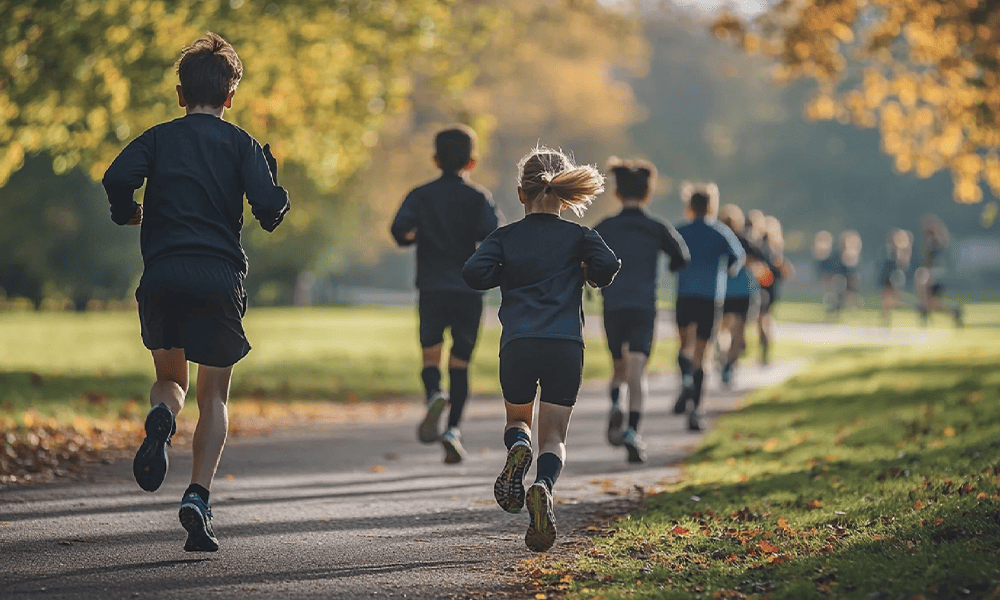February 9, 2024
A revitalized surf culture in Ghana is also supporting a movement for equal opportunities for girls and women. The re-emergence of surfing clubs is contributing to an interest in a sport that is widely favored by locals. However, in a sport predominantly associated with men, a number of clubs are working to make the sport more inclusive to all.
Surf culture promotes a way of life that supports individuality and strengthens the bond between surfers and the natural world around them. This deep connection to the outdoors in oceans, lakes and rivers sits at their heart as captured by scientist and wild water advocate, Wallace J. Nichols, who explains the unique spark of the ocean: “there is science that shows how being near, in, on or under water can make us happier, healthier, more connected and better at what we do.”
According to Surf Aid, it is one of the world’s oldest sports, with what we’re familiar with today having originated in the Polynesian islands of the Pacific. At the same time, historic accounts of wave riding have been seen in West Africa and Peru. Regardless of location, however, “women wanting to surf had to compete against men and were often disregarded as surfers,” states the organization.
This is true in the small fishing town of Busua, Ghana, one of many hotspots for local surfers. It is also a town where many earn their living through its fishing industry, but many also lose their lives from drowning. In a BBC Sport story, it was noted that “[p]arents feared for their daughters with reason, but also with discrimination. While they have prevented their girls from enjoying the beach, their boys have learned to harness the local waves.”

Surf Ghana, a surfing and skateboarding collective founded in 2016 to use extreme sports to drive diversity in education, social inclusion and youth empowerment, is working to change this – while also improving physical and mental health. The collective has invested in workshops to build the knowledge of surfing for those new to the sport and to highlight the many benefits of the sport, including financial ones.
For many girls and women, the sport is considered to be a luxury traditionally reserved for boys and men. Since Busua thrives economically on fishing, surfing is seen more as a recreational activity than a profitable avenue. Clubs like Surf Ghana are addressing this by making surfing into something profitable, while also continuing to advance gender equality. It is promoting surfing for tourism and also creating jobs within the surfing community to enhance youth development and increase engagement as mentors, surf shop employees, surf instructors and more.
As founder Sandy Alibo told the BBC, “I also develop skateboarding in Accra and I definitely notice a change as soon as it offers a job. That is what makes the shift, something direct and efficient. If you are a surfer, you can get a job. That is the only way for the community to understand they are the beneficiary of all of this.”
The rise of these clubs is challenging the norms that women are expected to follow. For girls and women, surf culture is giving them the tools to explore a life away from traditional conventions. The Obibini Girls Surf Club is another example of a club that is empowering women to serve as ambassadors for surfing but also invest in their livelihood. Since its debut, the club has contributed to a decline in teen pregnancy in Busua through its informative and prevention workshops.
The resurgence of surf culture is helping to spur action to create equal opportunities for young women to access the benefits of the ocean, find different employment paths and be empowered through the sport.
